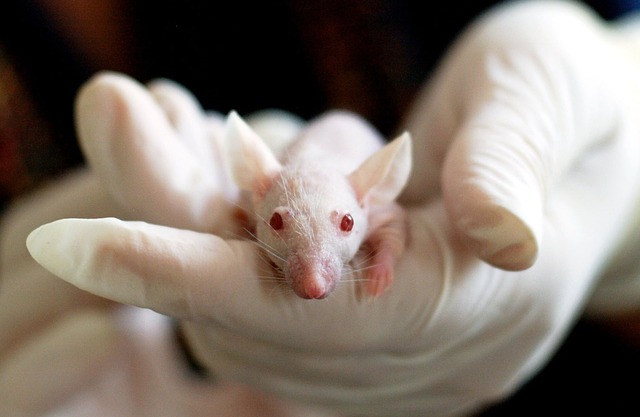A research group of Japanese scientists recently received permission to create mouse embryos that contain organs made from human cells. The principle of their creation is that the resulting mouse embryos have a gene that does not function for the formation of a particular organ and do not produce that organ. Instead, the embryos contain artificially created human pluripotent stem cells (cells capable of forming any tissue or organ), and the embryos form organs from those human cells, so that organs are created from human cells rather than from mouse cells.
Ethical issues
Some people are concerned about the possibility that some of the human cells will not only stay in the organs where they are needed, but also infiltrate the brain, for example. This would result in mice with human neurons (brain cells). If this were to happen, it would not be a major improvement in cognitive ability, but rather a minor change at the biochemical level. But no one knows the exact outcome. But first of all, scientists do not assume that such “wandering” of human cells could occur, since this is not the first study of this kind. For example, the transplantation of human pluripotent stem cells into sheep embryos has been done before in other countries, but this has not happened. Another ethical issue is the treatment of animals. Of course, billions of animals are raised for meat and other livestock products, often in poorer conditions.
Future applications
Research on organogenesis in animal embryos is still in its infancy. As with previous experiments using human and animal embryos, no hybrids will be produced in this experiment and the experiment will be terminated shortly before the end. In the future, however, it will be possible to produce organs for transplantation in a similar fashion, either by using animal embryos or by growing them independently in the laboratory. In any case, this research is somewhat controversial, but if applied in the future, it could save many people!

